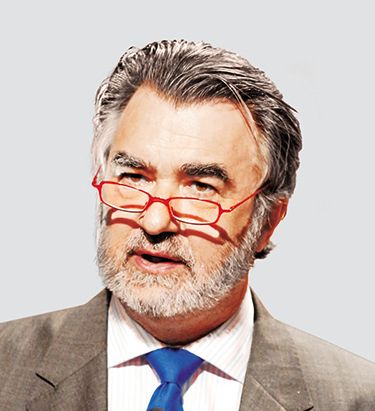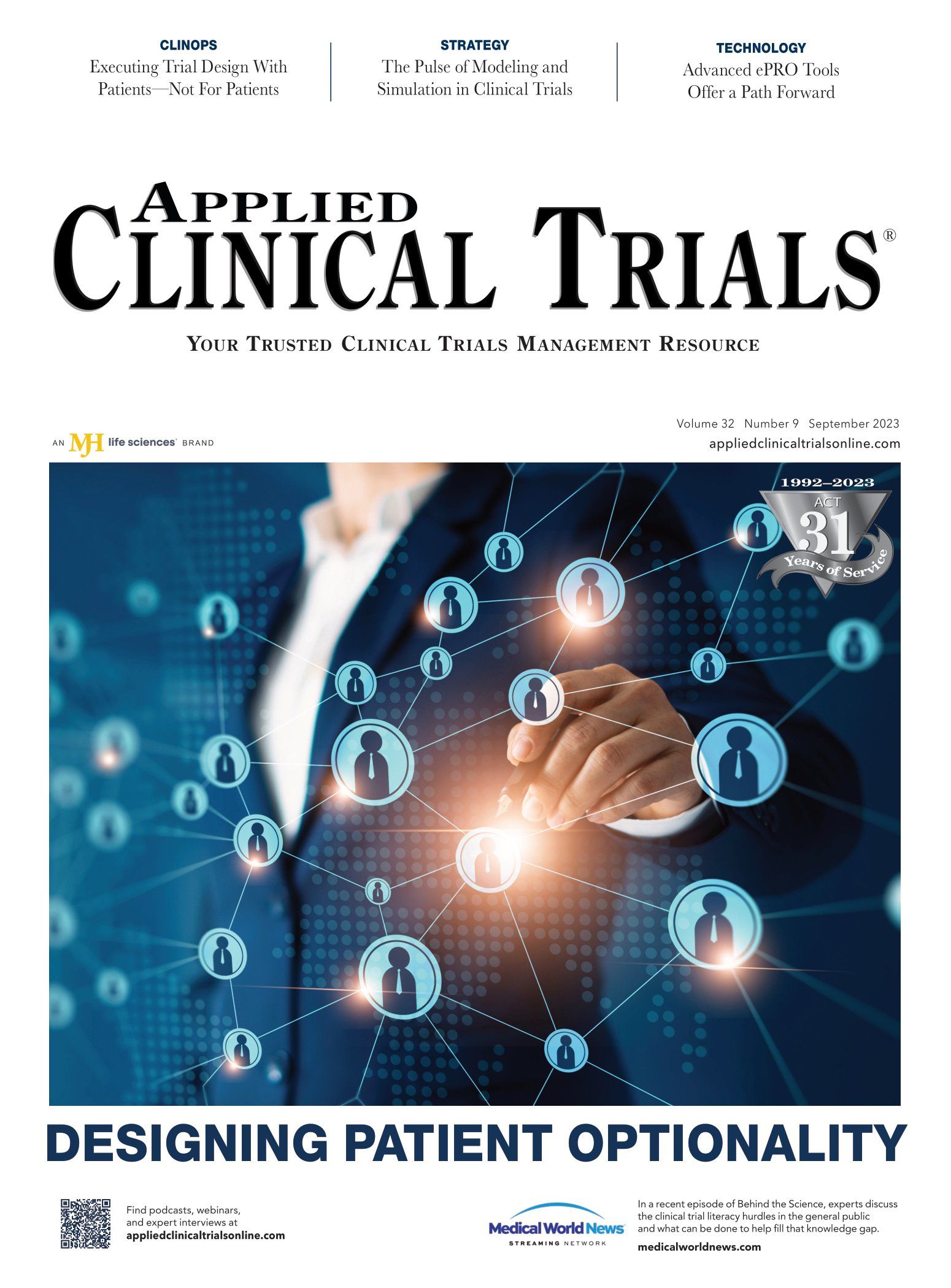Speeding Up European Clinical Trials in Response to Emergencies
With lessons from COVID now established, concrete ideas on improving drug development strategy for future health threats are beginning to take shape.

The challenges of organizing clinical trials in Europe during the COVID-19 pandemic have been widely commented on and the problems faced by sponsors have repeatedly been identified. But now discussions are moving one step beyond, with some constructive suggestions emerging for solving many of the principal difficulties. A report just out from the European Medicines Agency (EMA)1 lists the barriers in relation both to procedure and to funding, and explores possible pathways to improve the set up and conduct of trials during crises. The underlying aim is to ensure that sufficient evidence is rapidly gathered from adequately sized clinical trials across multiple jurisdictions to support rapid access to treatments and vaccines.
Top of the list of difficulties came the continuing fragmentation of Europe’s clinical research, followed by the consequent problem of competition for the same resources and patient populations—both judged to be detrimental to early patient access and rapid generationof conclusive evidence. But innate lack of coordination between trial sites, as well as regulatory delays, came in close behind as hindrances.
There has to be closer coordination on trial application reviews between regulatory bodies, including national authorities and ethics committees, it was agreed, and no additional data should be required in clinical trial applications over and above what is laid down in the 2014 Clinical Trials Regulation (CTR). A specific “emergency” application package demanding less documentation should be agreed, and national templates should be harmonized. And requeststo sponsors for additional informationshould be kept to the bare minimum.
To speed clinical trial application assessment and authorization, EU-level cooperation among national ethics committeesshould be promoted, and the EMA’s new emergency task force should be given a bigger role as a one-stop shop to coordinate discussions and advice on critical aspects of clinical trial submissions among ethics committees, national agencies, and EU authorities. Presubmission consultations on clinical trial applications should be available to sponsors upon request. And, overall, the implementation of CTR should benefit from greater flexibility to cut out bureaucracy and bottlenecks. Sponsors should also enjoy greater access and representation where these issues are discussed.
The report also ascribes the problems of funding clinical trials during emergencies to insufficient coordination and fragmentation of clinical trials during emergencies.Solutions included closer coordination in prioritization of clinical trials as a pathway to faster go/no-go decisions and consequent funding judgments, adjudicated through a process of transparent governance.A respected organization could identify, even before there is any formal declaration of public health emergency, the clinical trials needed to address the emergency, and which medicines should be considered for investigation. It would identify and rank products for clinical trials during emergencies and in interepidemic periods for specific intended uses. The same body should oversee a new European resource of ever-warmtrial facilities and strategic cohorts in the EU, covering both vaccines and therapeutics, that would be maintained in the interepidemic period, and provided with trial protocols with the ability to pivot in response to the nature of a public health emergency. Options with the private sector could include co-funding of selected clinical trials.These networks would be established on the basis of clinical research areas and harmonized protocols, and could be rapidly mobilized or scaled-up when the emergency strikes, using the precertified sites that have proven/demonstrated suitability within the network and are familiar with the regulatory aspects to conduct those clinical trials.
But existingfunding mechanisms for larger, multinational trialsfrom different national and European sources need to be speeded up, with efficient and predictable opportunities for high-priority emergency or preparedness trials. It would be necessary to avoid delays arising from the current procedures for publication of calls, preparation and submission of proposals, evaluation, and grant preparation.
The EU authorities will now follow their time-honored practice of creating a ‘roadmap’ of the priorities identified, and will then move at their own speed towards legislative or administrative changes that could result in action. No timetable is given, which may be considered as tempting fate, given the experience of the last few years.
Peter O'Donnell is a freelance journalist who specializes in European health affairs and is based in Brussels, Belgium
Reference

Unifying Industry to Better Understand GCP Guidance
May 7th 2025In this episode of the Applied Clinical Trials Podcast, David Nickerson, head of clinical quality management at EMD Serono; and Arlene Lee, director of product management, data quality & risk management solutions at Medidata, discuss the newest ICH E6(R3) GCP guidelines as well as how TransCelerate and ACRO have partnered to help stakeholders better acclimate to these guidelines.
FDA to Launch National Priority Voucher Program to Speed Drug Reviews for Critical Therapies
June 18th 2025Under the new initiative, companies may receive a voucher enabling FDA review to be shortened from the standard 10–12 months to just 1–2 months following final application submission if the drug addresses US national health priorities.